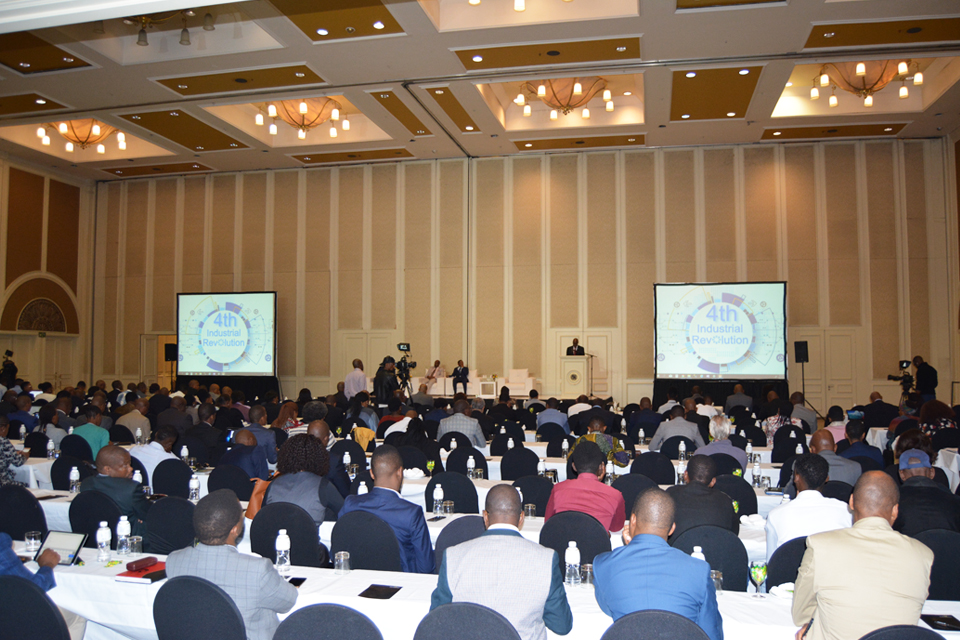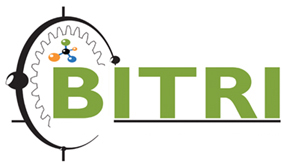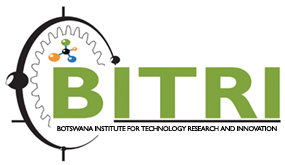September 6, 2019


The Gaborone International Conference Centre played host to the national forum on fourth industrial revolution (4IR) in August, a platform whose main purpose was to take stock of the Botswana’s readiness for implementation and exploitation of 4IR. The objectives of the forum were to provide a platform for public and private sector responsible for STI and stakeholders to appreciate the local, regional and global perspective of the 4IR, determine the country’s progress in achieving the aspirations of Vision 2036 in the selected priority areas and its, readiness for 4IR, with an emphasis on building convergence by breaking down the sectorial silos, as well as to set a development agenda for the 4IR Strategy for Botswana in the context of Vision 2036 and NDP 11.
In the Official Opening Remarks, the Minister of Tertiary Education, Research, Science and Technology, Mr Thapelo Olopeng said Botswana should review its readiness for the 4IR and move towards actionable tasks and targets in order to ensure that it derives benefits as per Vision 2036 and NDP 11 aspirations, key amongst them being transformation of Botswana from an upper middle-income country to a high income country by 2036. Minister Olopeng added that emerging opportunities and challenges of the fourth industrial revolution needed to be considered and evaluated with appreciation of the local, regional and global perspectives. In the context of the launching of the Science, Technology and Innovation (STI) Month, as August has been bestowed that status, Mr Olopeng said the theme for 2019, “Embracing Rapid Technology for Sustainable Development” contributed to efforts to familiarise Batswana with various technologies and their benefits to them and the rest of the world.
“These rapid technologies collectively constitute the fourth industrial revolution and are disruptive because they bring about drastic economic, political, industrial and societal changes,” said Mr Olopeng, when making reference to how 4IR disruptive technologies and trends such as the Internet of Things (IoT), robotics, virtual reality (VR) and artificial intelligence (AI) are changing the way we live and work. The Minister also implored on Government Ministries, departments and the business sector to integrate responses towards the 4IR, especially since STI, through the African Union’s Agenda 2063 has been earmarked as a key enabler in promoting the ability of African countries to achieve their socio-economic goals as well as inclusive and sustainable economic growth hinged on Pan-Africanism and African Renaissance ideals.
When delivering Remarks of Appreciation, The Vice Chancellor of Botswana International University of Science and Technology (BIUST), Prof Otlogetswe Totolo also noted that the fourth industrial revolution would be the greatest disruptor of our time. He said the digitisation of things would significantly affect all facets of life including job creation, productivity, markets and the global economy. He said it called for the country to ready itself to face the challenges that come with the revolution. Professor Totolo also emphasised the need for the country to come up with diversification strategies to reduce over reliance on minerals.
He said significant infrastructure development needed to take place in the country in order to carry economic activities that could transform the country. He noted that it was a tradeoff that had happened throughout past industrial revolutions in developed countries.
The BITRI Chief Executive Officer, Prof Shedden Masupe presented on the topic of ‘Rapid Technologies Change – Are We There Yet?’. When giving an overview of 4IR, Prof Masupe said the phenomenon consists of three Megatrends, namely Physical, which encompasses the use of Autonomous Vehicles, Additive Manufacturing, Advanced Robotics and New Materials which are lighter, stronger and recyclable; the Digital sphere which encompasses the Internet of Things (IoT), Blockchain and Artificial Intelligence (AI); as well as the Biological sphere, which encompasses, Genome, Synthetic Biology and Data that enable an increase in medicine precision with targeted therapies. Prof Masupe’s presentation further delineated selective Sustainable Development Goals as set by the United Nations General Assembly as pertaining to Botswana and he juxtaposed them against the opportunities under 4IR as well as the levels of implementation and readiness to exploit the said opportunities. Although the presentation showed different levels of readiness, and evidence of exploitation by different stakeholders such as entrepreneurs, Government, farmers and RDI institutions such as BITRI, the overall level of readiness is low, calling for a heightened need to develop capacity, infrastructure, stimulus and incentives to achieve full realization of 4IR.
The outputs of the forum were to gauge the understanding of the 4IR, as well as to develop a Botswana National Navigation Route that delineates actionable tasks and targets on harnessing the 4IR, and the tool to be implemented in the next 12 months, with a goal of bringing impact on the key sectors of Health, Education, Agriculture and Finance. The tool is intended to address issues such as the requisite legislative framework/s, as well as resources in the form of infrastructure, human and financial resources.

